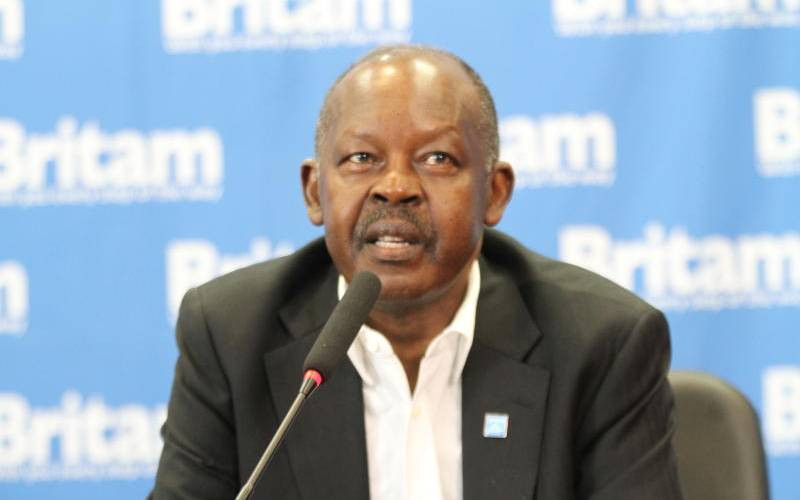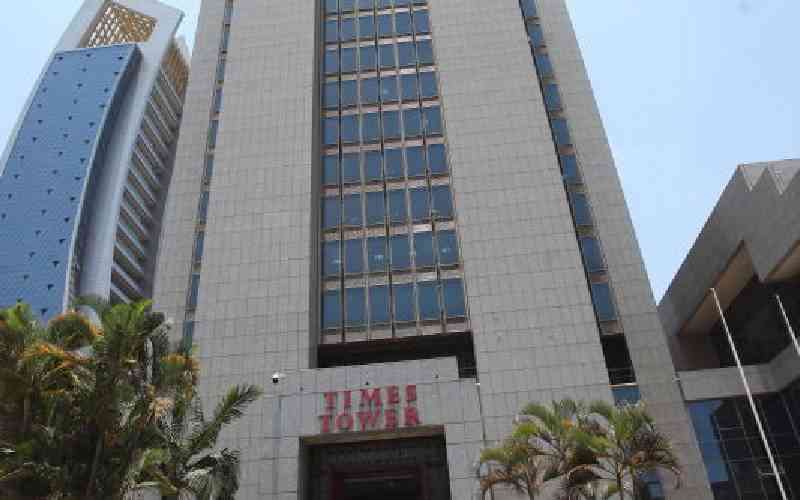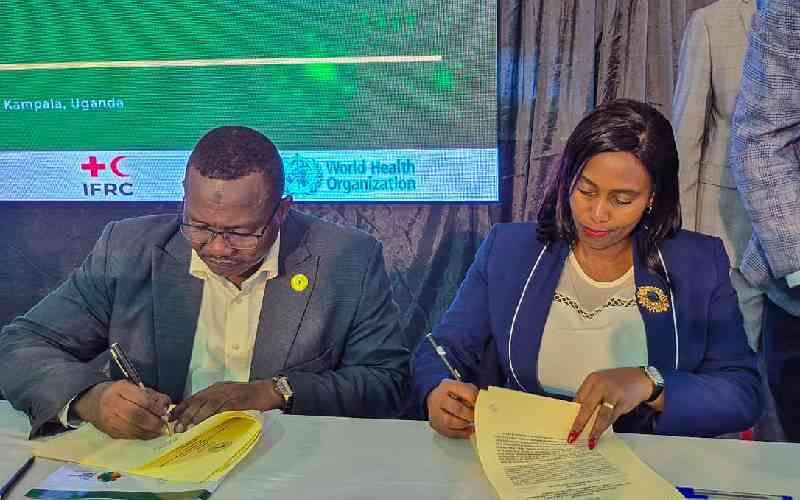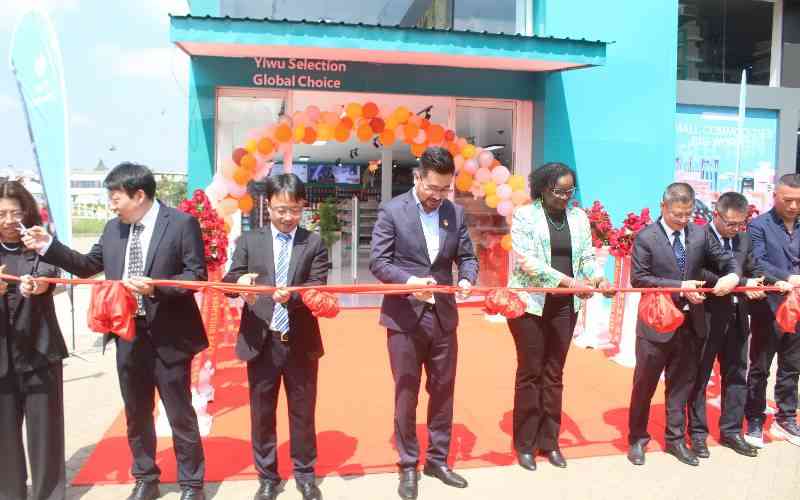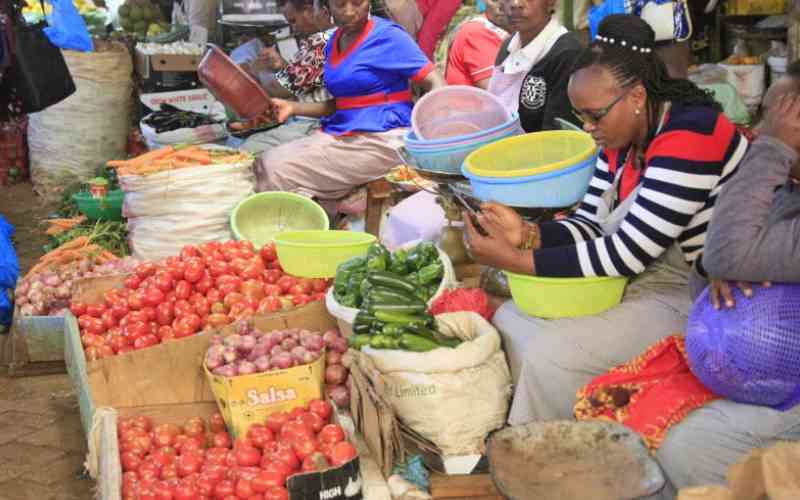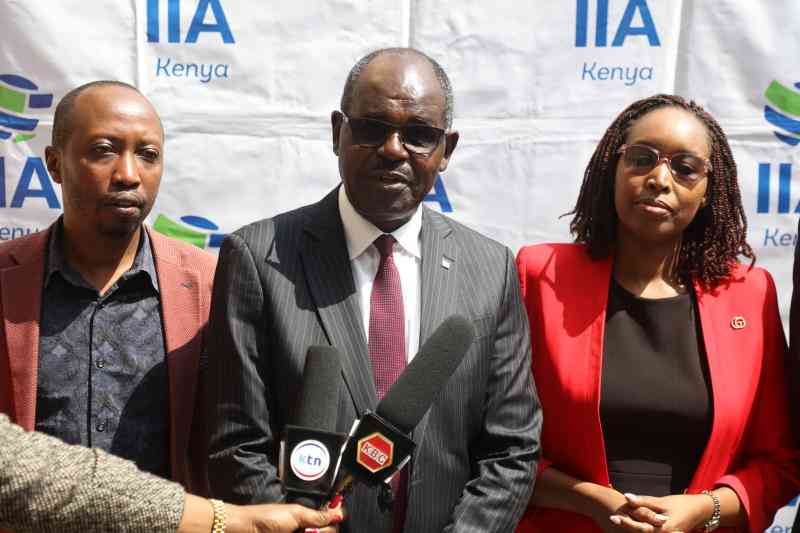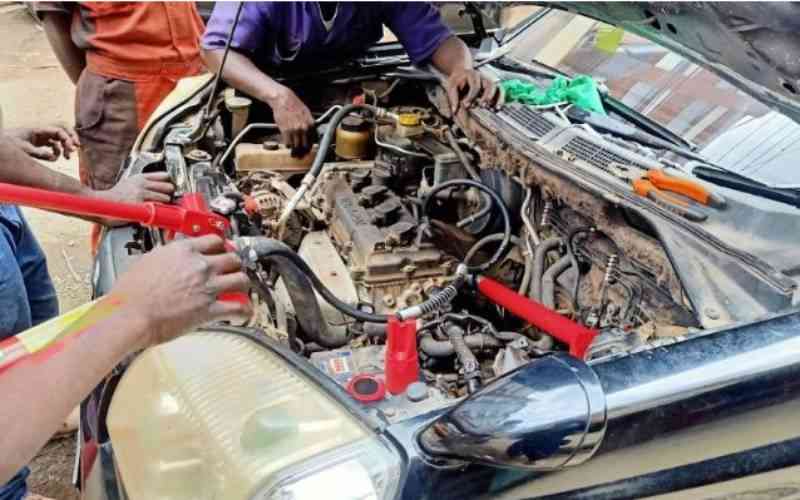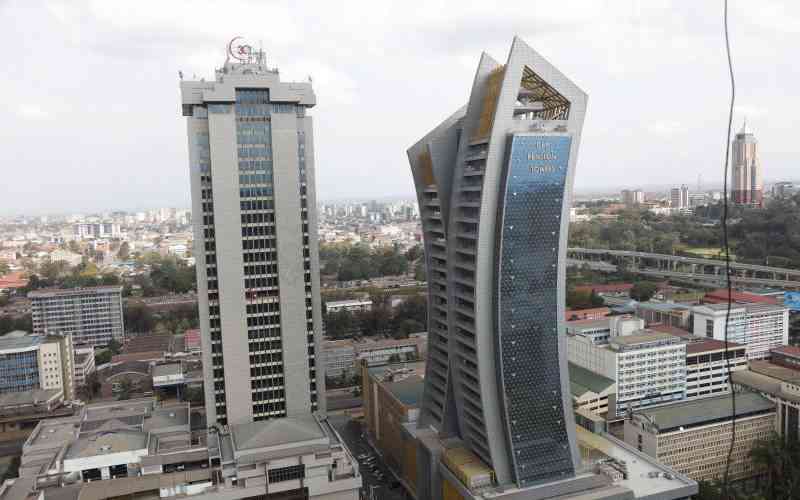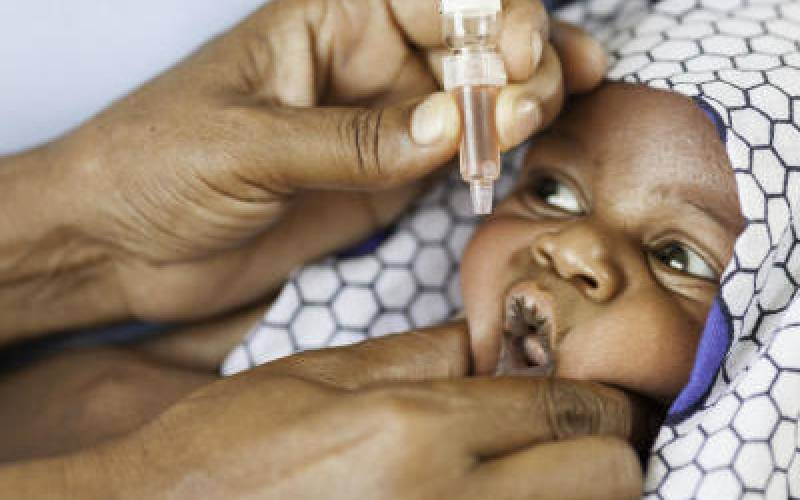
Kenya marked yet another significant milestone in its quest to address age-old preventable diseases that continue to place a significant burden on the country’s healthcare system. On July 5, the country became the fifth country in Africa to introduce the Typhoid Conjugate Vaccine (TCV), which has been recommended for control of typhoid in countries with a high burden of the disease—Kenya being one of them.
Typhoid fever remains a significant public health challenge in many developing countries. The disease, caused by Salmonella enterica serotype Typhi, is transmitted through contaminated food and water, with communities that have poor access to clean water and sanitation facilities at particularly high risk. Typhoid disproportionately affects children under the age of 15 years and elderly and immuno-compromised individuals.
Surveys, including one by the World Health Organisation in 2022, show that typhoid fever continues to affect an estimated 9–12 million people globally every year, with sub-Saharan Africa accounting for a significant proportion of these cases. Kenya, like many countries in the region, experiences seasonal typhoid outbreaks that place an additional burden on already strained healthcare systems, especially in urban and peri-urban areas.
More concerning is the rising threat of antimicrobial-resistant strains of Salmonella Typhi, which cause typhoid fever. These strains are becoming increasingly resistant to commonly used antibiotics, making treatment more difficult and costly. This resistance is driven by the overuse and misuse of antibiotics and is further compounded by limited access to diagnostic testing.
This is why the introduction of the TCV is both timely and critical. Unlike older typhoid vaccines, TCV is safe for children as young as six months and provides longer-lasting protection. It significantly reduces the need for antibiotic use, helping to combat the growing crisis of antimicrobial resistance. Kenya now joins a growing list of countries that have incorporated TCV into their routine immunisation schedules as a long-term, cost-effective intervention to prevent typhoid illness and its associated complications.
Equally urgent is our Measles-Rubella (MR) campaign. Although we have made progress in controlling measles, coverage remains uneven. National surveys show that while the first dose of the MR vaccine has relatively high uptake, the second dose still falls below the recommended 95 per cent coverage threshold required to maintain herd immunity.
This leaves pockets of susceptible children at risk, especially in underserved and nomadic populations. The danger is real—measles is one of the most contagious human diseases, capable of spreading rapidly and causing serious complications such as pneumonia, diarrhoea, encephalitis, and even death.
Rubella, while generally mild, poses serious risks to pregnant women, including miscarriage and congenital rubella syndrome, which can cause lifelong disabilities in infants. A successful MR campaign helps prevent such outcomes while also strengthening overall immunisation systems through outreach and community engagement.
The Ministry of Health, through the National Vaccines and Immunisation Programme, remains fully committed to reaching every eligible child. With strong support from global health partners including Gavi, UNICEF and PATH, we have trained thousands of health workers, developed microplans at county and sub-county levels, and mobilised resources for logistics and social mobilisation.
Let us be clear: All vaccines in our immunisation programme are approved by the World Health Organisation and the Pharmacy and Poisons Board. They are safe, scientifically validated, and rigorously monitored for quality.
Vaccination is more than a personal decision—it is a public responsibility. High immunisation coverage creates herd immunity, protecting even those who cannot be vaccinated. It strengthens our ability to withstand disease outbreaks, reduces healthcare costs, and contributes to national development by ensuring that children grow up healthy and able to learn.
I urge parents and guardians to take their children to the nearest health facilities or outreach posts. I urge local leaders, faith institutions, educators, and the media to support fact-based health communication. And I call on health workers to continue being our most trusted messengers and defenders of public health.
This campaign is a bold step towards a healthier, more resilient Kenya. Let us not allow misinformation to win. Let us protect our children from preventable diseases. Let us vaccinate for life.
Stay informed. Subscribe to our newsletter
